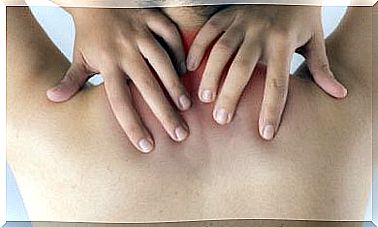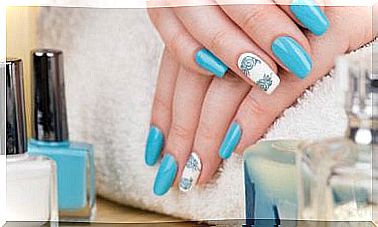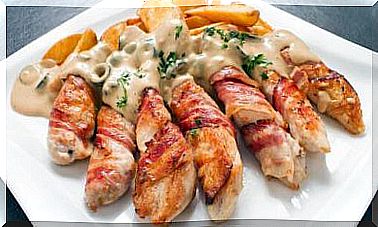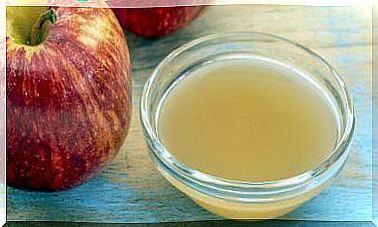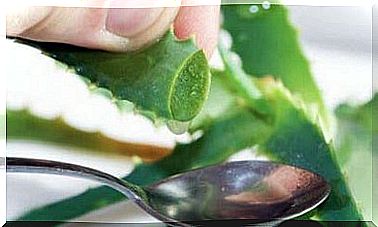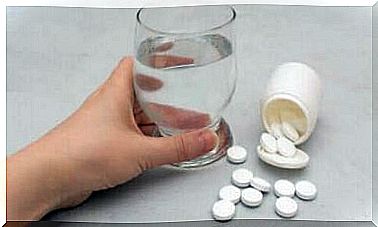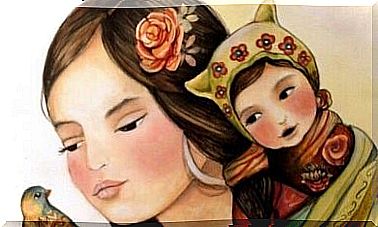Diet Of A 9-month-old Child – What Should Not Be Eaten?
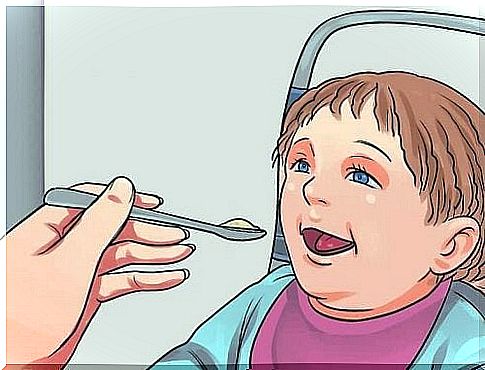
There are many foods that should not be included in a 9-month-old’s diet. Also remember that food that is given to babies in the first months of life must be very nutritious.
The best food for the little ones is always breast milk, which contains all the necessary nutrients.
When it is time to introduce solid foods, try to select foods that contain the vitamins that babies need to thrive. Every baby is different, but by 9 months of age many babies are already starting to eat solid foods.
It’s also important to remember that not all tiny digestive systems handle food the same way. Below you will find a list of foods that should not be included in a 9-month-old baby’s diet.
11 foods that should not be included in the diet of a 9-month-old baby
If your baby’s digestive system is working properly, the nutrients in the food will help him grow healthily. However, there are foods that are difficult to digest for children, and eating them can cause allergic reactions and other complications.
1. Cow or soy milk
The intestinal enzymes of 9-month-old toddlers have not yet reached their maximum level of development. Babies at this age cannot digest the proteins found in these types of milk.
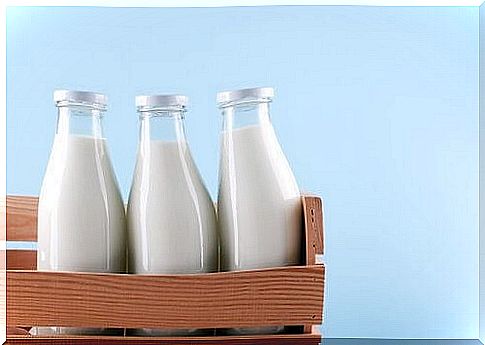
In addition, these drinks contain minerals that can be harmful to children’s kidneys. A healthy diet for children should therefore be properly composed.
2. Spinach and Swiss chard
These foods are not completely harmful unless you give them to your baby too often. Naturally, vegetables tend to contain nitrates, especially green leafy vegetables. Nitrates are converted into nitrites in the baby’s body.
Too large amounts of nitrite can cause disorders that affect the proper distribution of oxygen by blood cells. If this happens, your baby’s skin will likely turn purple-blue (cyanosis), which is one of the symptoms of this condition.
3. Salt
Too much salt can be harmful to your baby’s kidneys. It is not recommended to add commercial broths (stock cubes or powdered spice mixes) to soups due to the high sodium content.
4. Processed sugars
Sugar contained in sweets or added to juices and other products causes significant fluctuations in blood glucose levels. If you want to sweeten your baby’s food, use mashed bananas or breast milk.
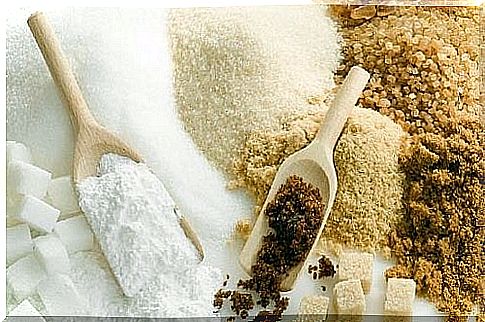
Ideally, your child should consume the natural sugar found in the fruit.
5. Honey
Natural honey contains spores that can reproduce quickly in a 9-month-old baby’s body, posing a risk of botulism and putting your baby’s life at risk.
6. Carbonated drinks
Due to the high content of sugar, caffeine and other additives, carbonated drinks and other soft drinks are harmful to the baby. They can damage your little one’s stomach and cause sleep problems as well as hyperactivity.
7. Rice milk
Rice milk is recommended not to be given to children under 1 year of age, because it contains a high concentration of arsenic and other heavy metals. Even older children should eat them in moderation.
8. Baked delicacies
Empty calorie or non-nutritious foods such as cakes, cookies and chips are not recommended in a toddler’s diet because they are high in chemicals, sugar and salt.
9. Eggs
Eggs can cause several types of allergic reactions. It is best to start introducing eggs to your toddler’s diet with the yolk, and a few months later add the protein. However, it is advisable not to give this type of food to children under one year of age.
10. Food with a sticky consistency
Some sticky foods, such as chewing gum, baked beans, and marshmallows, can get stuck in your baby’s throat.
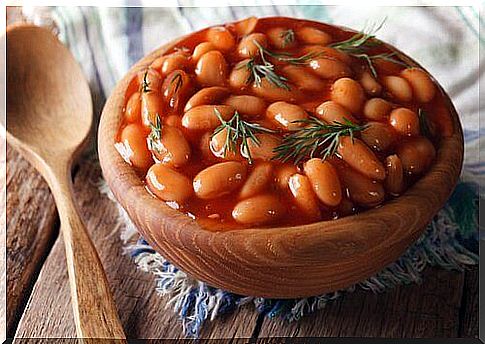
In addition, they contain chemical ingredients and sweeteners that are harmful to children. So, under no circumstances should you give them to your baby!
11. Low-fat foods
Fats provide a significant amount of the calories that children need during their vigorous growth. Many of the foods in your toddler’s diet also contain fat-soluble vitamins such as vitamin D.
Avoid choking
Pay particular attention to the size of the pieces of food you give your baby. Large bites can get stuck in a child’s throat and cause choking. Most meals should be given to children in puree form.
If you are feeding them solid foods, try to keep the pieces of food no larger than 1 cm.
Experts recommend waiting a year before introducing allergenic foods to your baby’s diet. Nevertheless, it is recommended to introduce this type of food gradually, while carefully observing the toddler’s reaction, especially if the child has a genetic predisposition to certain types of allergies.
Consult your doctor to choose the best nutritional plan for your child!
